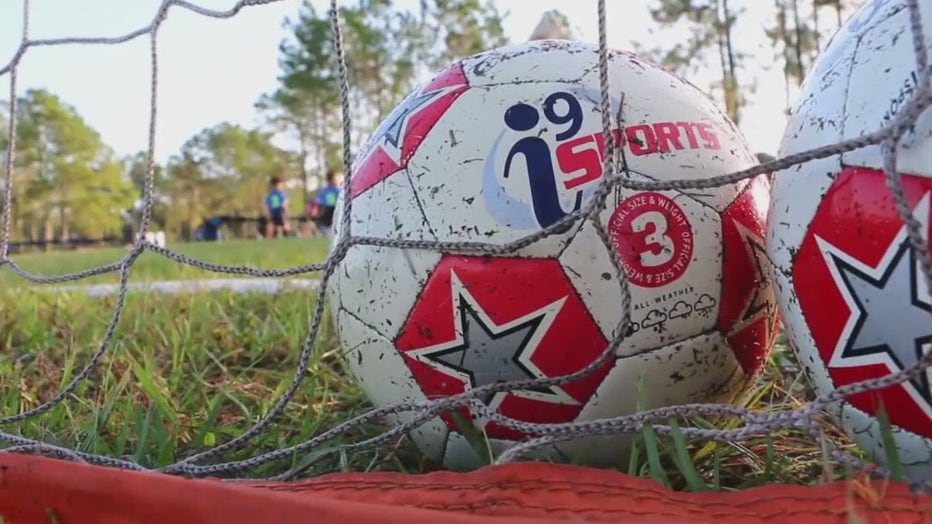When it comes to heart health, doctors suggest slowly introducing your child to exercise
ST. PETERSBURG, Fla. - Regular exercise is the one prescription all doctors can agree on for children.
"From a cardiovascular perspective, it’s incredibly helpful. It helps keep your heart healthy. It helps to keep your muscles healthy, but it also plays a huge role in mental well-being," says Dr. Daniel Mauriello, a pediatric cardiologist at Johns Hopkins All Children’s Hospital.
But when it comes to the heart, there are things parents should consider when signing their child up for youth sports. First, always ask your pediatrician.
Once you get the all-clear, ramp up your child's activity slowly.
"Don’t go from zero to a hundred instantly, but you allow kids to acclimate and get used to whatever the sport is they are doing," Dr. Mauriello explains.
This allows the heart to keep up on a game day in the Florida heat.
Also, parents should ask the sports organization what emergency measures they have in place. For example, all YMCA programs require anyone working with kids to be certified in CPR and first aid, as well as know how to use an automated external defibrillator.

"The general rule of thumb is trying to be able to get to an AED in 60 seconds or less," says Jarrod Williams, executive director of the Spurlino Family YMCA.
Just last month a 12-year-old boy in New Jersey collapsed during drills on the football field. No one on the field knew, or attempted, CPR and he later died.
Next, Dr. Mauriello says to talk to kids about the possible warning signs for heart problems. Any chest pain or discomfort are red flags.
"Certainly, if kids are passing out with activity, that’s something that parents should let their pediatrician or specialist know about," he stated.
And teach them to speak up if something simply feels funny.
"The way a four, five, or six-year-old is going to talk about something that feels funny in their chest is going to be quite different than a 16- or 17-year-old would," says Dr. Mauriello.
It's always a good idea to be CPR and first-aid certified, doctors say. There are plenty of organizations around Tampa Bay that hold classes, like YMCA and Red Cross. The Children’s Board Hillsborough County even offers them for free.

